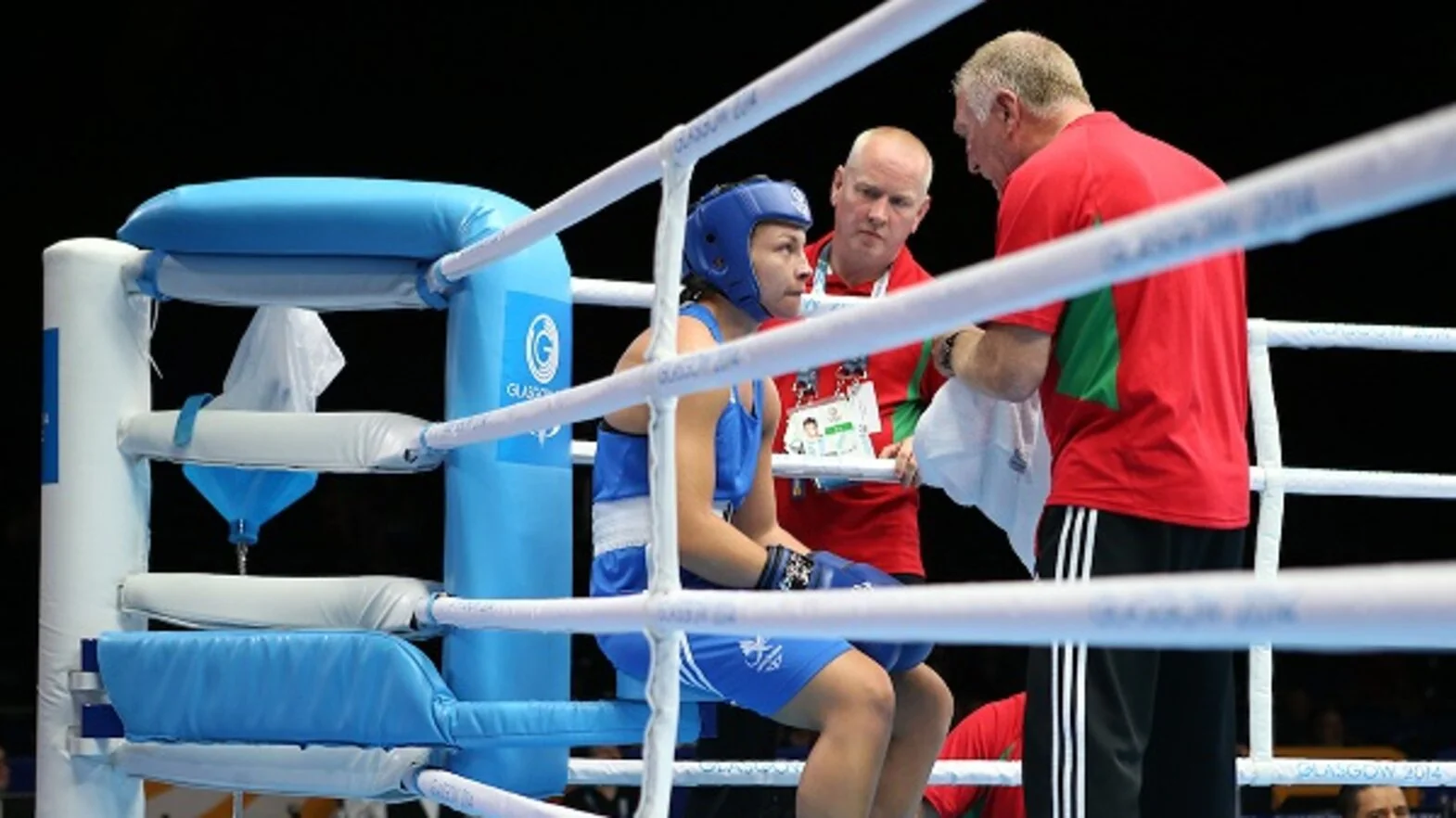Concussion in Boxing

The Insight
Concussion is currently a huge topic in the sporting community and boxing is a sport where there are repeated head blows which don’t manifest with any symptoms. The impacts of these repeated head blows are currently being researched.
Welsh boxing had 2-3 prolonged concussion cases over a 4-year period where links were made with the Birmingham Concussion clinic (run by Professor Belli) who provided the necessary support to successfully return all of the athletes back to full sport. There was a delay in some cases over reporting of symptoms especially around competitions where there were no members of the Sport Wales Institute medical team in attendance.
In professional boxing the boxers undergo annual brain scanning and screening, however this is not done in the amateur side of the sport. Current screening in the Welsh Boxing Programme involves the SCAT-5 being performed on an annual basis to provide a concussion free baseline. It was felt that a screening, more in line with the professional side of the sport, would provide more information and contribute to ongoing research into concussion in boxing. To date most concussion research has involved the sport rugby.
Each boxer on the elite programme would undergo an annual brain MRI scan, SCAT-5 and balance testing along with saliva tests at set points throughout the year to measure the salivary protein levels that are linked to concussion.
The Challenge
- Recognition and reporting of concussion symptoms for boxers and their coaches - implemented the pocket concussion tool for staff and athletes that could be referred to, especially whilst away at competition.
- Development of a pathway for coaches or athletes to highlight any symptoms of concussion to the medical team
- Providing more in-depth screening process and follow up for the boxers with access to the Birmingham concussion clinic
- Enhancing the research around concussion in boxing
In February 2020 Professor Belli and his team visited the Welsh Centre for Boxing at Sport Wales to meet the squad and see how the elite programme ran.
The squad and coaches were able to ask any questions about the screening process and research.
The major challenge was then COVID hit before we could plan a trip to Birmingham for the squad to undergo their screening sessions.
COVID has subsequently meant that the concussion clinic and research related to it has reduced, but we have got most of the squad to Birmingham to have their brain MRI and balance testing
The Impact
This project has an impact on several levels
- We produced a pathway for the recognition of concussion and actions to be undertaken in the event of concussion (both at competition and at Sport Wales)
- The boxers are having an annual screening performed by an expert in concussion and head injury
- Further research into concussion in boxing and possible diagnostic salivary testing for concussion. The research will allow direct comparison between boxing and other sports to see if there is any difference in protein levels, MRI changes or concussion
- Should any of the boxers suffer a concussion we can link in immediately with the concussion clinic allowing prompt referral, consultation, and advice for the boxers.
What did we learn?
Information and education are extremely important for the reporting of any concussive symptoms, no matter how mild!
Linking in with the Birmingham concussion clinic has allowed an additional layer of support to our elite squad in the prevention, management, and research of concussion in a sport where there are repeated head blows.
Being a residential squad with information readily available on training load means that the information collected by the clinic can be more informative and provide stronger conclusions